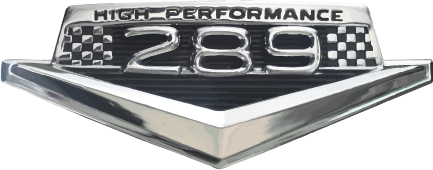Here is an interesting article Hot Rod Magazine wrote about the lack of ZDDP in the current API motor oil certification. After reading this, I'm now trying to figure out what oil to use in my freshly reguilt engine. It is apparent to me that I'm going to have to get away from the regular shelf items - perhaps a motorcycle specific oil - I don't know. Anyone have any thoughts on this?
http://www.hotrod.com/techarticles/e…tech/index.html
Here is another good article that lists actual test nos. for various oils. It's written for Porche owners, but the info is relevant for our high compression, solid lifter engines as well.
http://www.lnengineering.com/oil.html
Gerald
Edited by - 65HiPo on 04/16/2007 13:08:21

